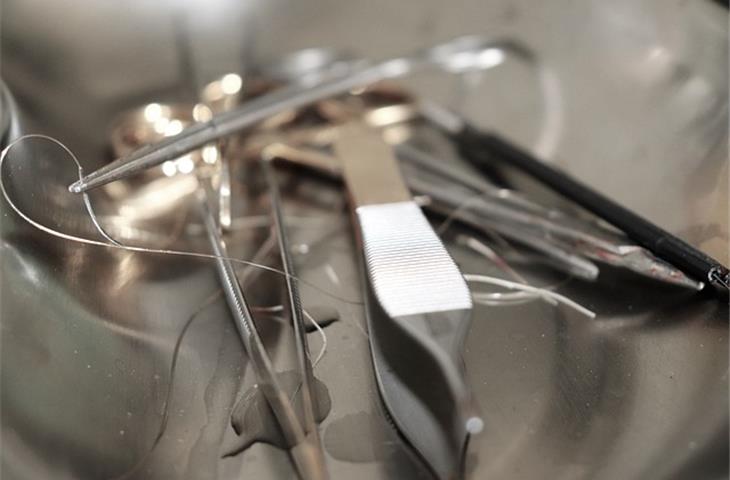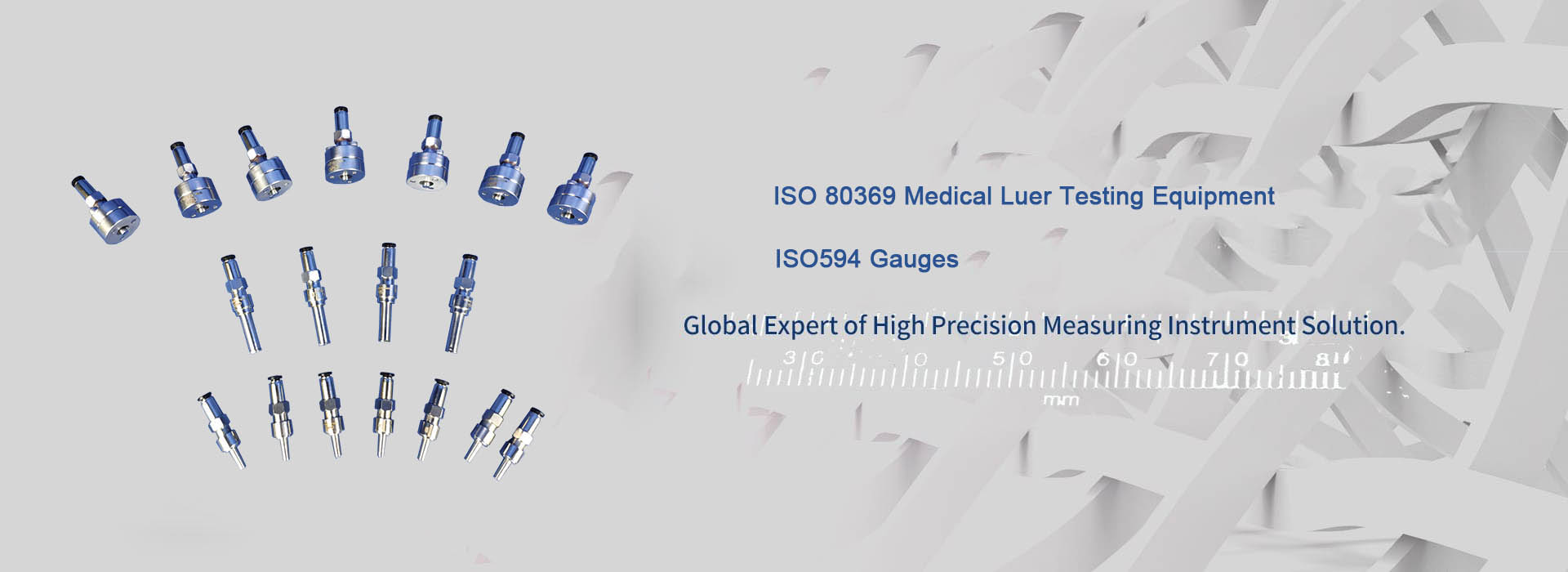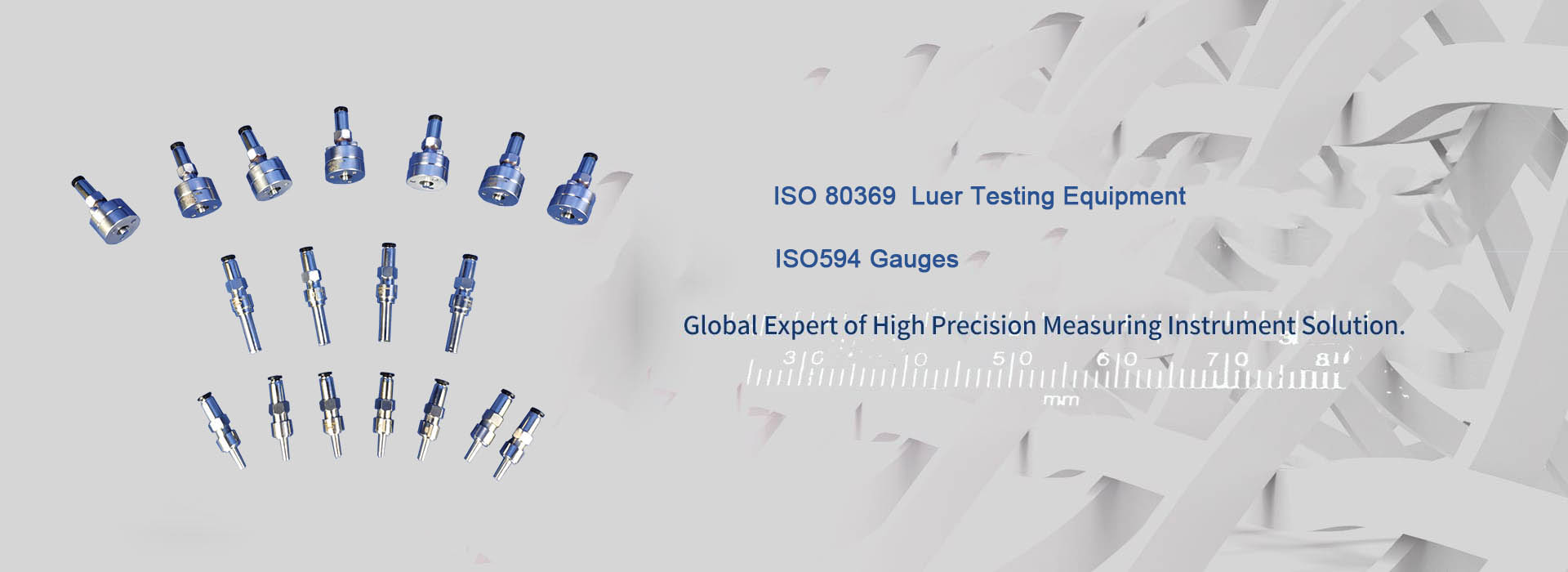When Operation Surgical Instruments Excel
Operation surgical instruments play a pivotal role in the realm of medical procedures.These tools, which are the backbone of successful surgical interventions, ensure precision and efficiency.The demand for advanced surgical instruments has surged as the healthcare industry evolves, making them a pivotal component in modern medical practices.

This article explores the intricacies of operation surgical instruments, including their importance, the diverse types available, and the challenges faced in their design and implementation.The enhancement of precision and safety during surgical procedures is the primary demand for operation surgical instruments.

Surgeons require instruments offering sharp, precise movements to minimize the risk of complications and improve patient outcomes.The following aspects contribute to meeting this demand.Surgical instruments must be made from durable, biocompatible materials of high quality that can withstand rigorous use without compromising performance.

Ergonomic designs in medical tools help lessen hand tiredness and enhance surgical dexterity, leading to more precise and more secure procedures.The ability to sanitize and sanitize medical tools effectively is essential to avoid contamination and preserve a surgical area.
- KingPo Delivers and Installs State-of-the-Art Dust Chamber in Korea, Enhancing Local Testing Capabilities
- Fatal mistakes in IPX9K waterproof test: nozzle size and water temperature control, the truth you must know
- What are the implications for manufacturers transitioning from ISO 594 to ISO 80369-7?
- KINGPO 2024 R&D Results Report
- ISO 594 is replaced with ISO 80369
- KingPo CEO invited to the 83rd International Electrotechnical Commission (IEC) General Assembly
- ISO 80369-7:2016 Connectors with 6% (Luer) taper for intravascular or hypodermic applications What is the ISO 80369-7 standard? What happened to ISO 594-1 and ISO 594-2?
- Saudi Arabian Customer Purchase ISO 80369-7 reference connector and ISO 80369-20 test apparatus from us
- Understanding ASTM F2059 Fluid Flow Test: A Comprehensive Overview
- Essential Considerations for Small-Bore Connector Testing Equipment


